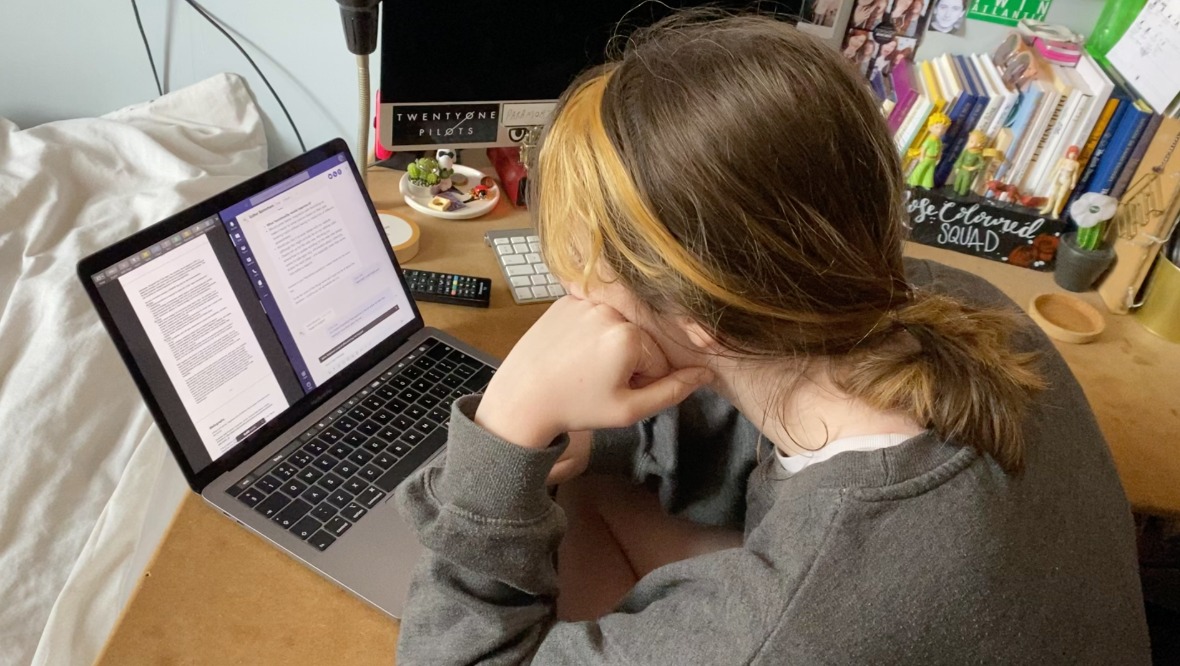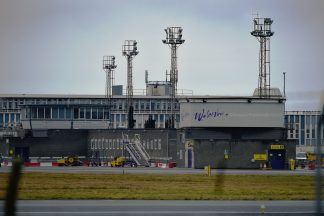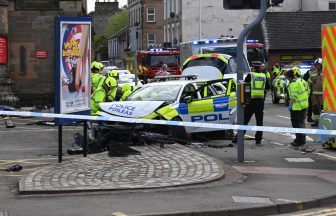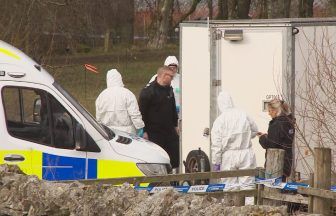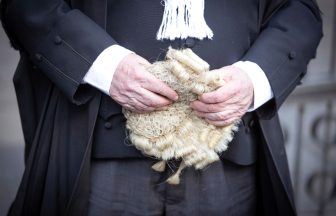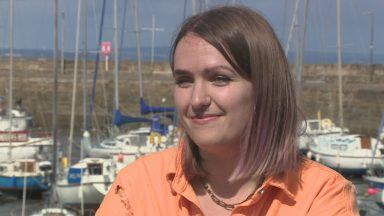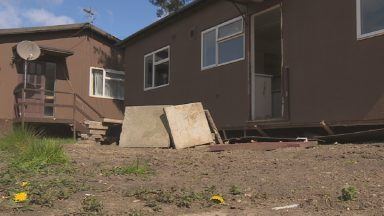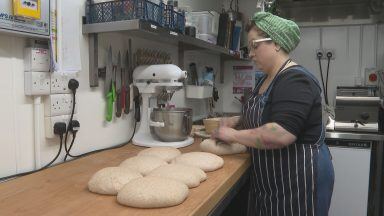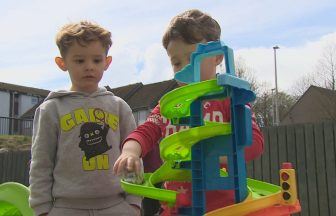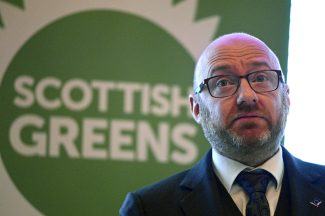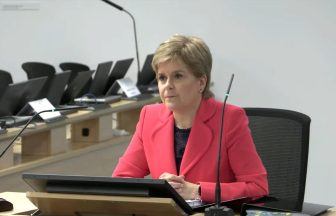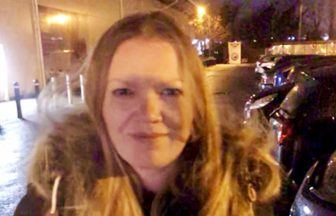Katherine Murphy sits in the garden of her southside home in Glasgow, articulating what she wants the future to hold.
The fifth-year pupil is composed and articulate. She gives off the kind of expectant air you associate with young people impatient to make their mark in life.
“I’m studying art and drama as my main subjects. I really want to go forth and do something with art,” she tells Scotland Tonight, to be broadcast on STV at 7.30pm on Thursday.
She was due to sit five Highers before the Scottish Government announced that this year’s SQA exams were being cancelled, another victim of the coronavirus public health emergency.
If that decision alone was not enough to concern Katherine, the decision to award grades based largely, although not solely, on prelim results has led to a greater sweating of palms.
She’s candid. “A lot of people I know don’t take prelims seriously at all. Before the exams were cancelled there was not much need for them (prelims). We didn’t take them seriously, we didn’t study for them.”
Katherine and tens of thousands of young people like her will now find out their grades in August, grades awarded by teachers taking into account those prelim results and course work throughout the year.
Those who performed poorly in prelims knowing that is was just a dress rehearsal for the real deal are now debating returning to school for a sixth year. Many will hold off the university experience if that entails distance learning as the slow removal of social distance rules possibly staggers into 2021.
The burden, not to say the responsibility, on classroom teachers to get the awarding of grades correct is enormous. The largest teaching union the EIS has a plea to the SQA and to the government: please allow teachers to use their professional judgement.
Susan Quinn from the EIS fires a warning. “They have a system were they are looking to have teachers rank children alongside having to consider their estimated grades.
“They are also looking at considering how a school has done in the past and having a variety of factors within that.”
The message therefore is clear. Keep the criteria for awarding grades as simple as possible. The more benchmarking that is done the greater the scope for injustice.
For those further down the examination chain the hope will be that the diet of exams planned for 2021 will take place in a post-coronavirus world.
This week, however, the leader of the Scottish Secondary Teachers’ Association called for those exams to be scrapped. What is already clear is that when – or if – schools return in August teaching could be delivered in a different way.
The pandemic’s legacy will continue to have an echo in the education system well past the point when the government concludes it is under control.
Professor Sue Ellis from Strathclyde University says: “When the schools reopen we will have to think quite hard about how we re-imagine the curriculum to ensure that children’s learning continues but still allow for things like social distancing.
“That’s a challenge but also an opportunity because we have wonderful creative teachers in Scotland who are able to think around problems in different ways.”
One of those problems is whether the current learning regime might help drive inequality. Although most schools are closed the education experience is not dead. E-learning is still taking place but it is not consistent throughout Scotland.
Private schools have better provision than state schools and within the state sector the experience differs in each local authority area. Without a uniform approach and experience it is obvious that gaps in knowledge are bound to appear. This is alarming for a government which pledged to close the attainment gap in education.
Katherine Murphy’s mum Joanne helps lead the National Parent Forum of Scotland. On e-learning she says that “many parents don’t understand how digital platforms are working in their schools. They are struggling. They really are trying to figure it out themselves and they are trying to support their children”.
Access to computers is, of course, not uniform and in many households in the poorest communities many do not have an internet connection.
The life chances of kids are often scarred by inter-generational poverty. Education is often their springboard from a tough upbringing to a better adulthood. But what affect is patchy e-learning doing to their life chances?
It clearly cannot be right that the chances of children stand or fall on the relative misfortune of their social and economic circumstances.
Add to that the ongoing concerns about curriculum for excellence, the blueprint that enshrines the values and content of a Scottish education. A review on how it is operating will come after the Holyrood election scheduled for May of next year.
After those elections, the sixth government of the devolved era will take office. Twenty-two years into home rule, the attainment gap will still be debated just as it was back when that first parliament was elected in 1999. The coronavirus legacy will be that closing that gap has been made that much harder.

